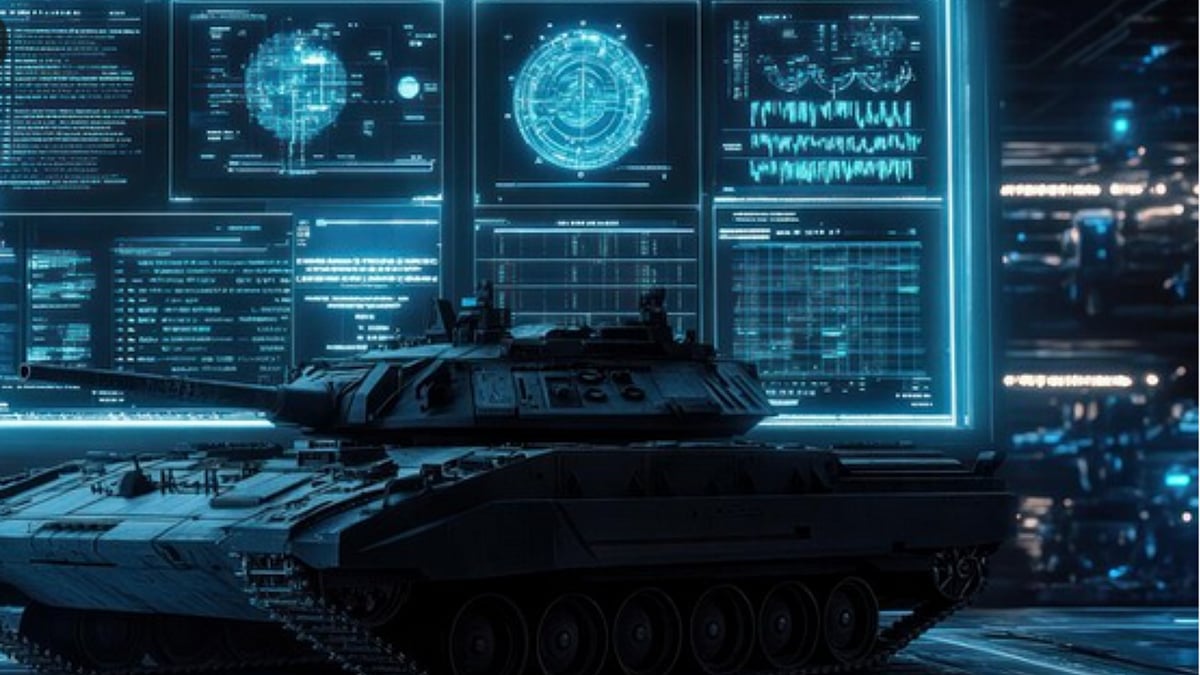Thales Launches Its Latest Innovations; Highlights Use Of AI For Critical Systems
With a focus on cybersecurity, explainability, frugality and ethics, trusted AI leverages all the latest developments in the field of artificial intelligence

AI can play a big role in defence | Freepik
As AI continues to get into every sector, the defence sector is also no exception. Thales is a global technology leader in the defence, aerospace, cybersecurity and digital solutions markets. With the use of AI and other new-age tech, Thales aims to provide a robust and dependable system.
The main aim is to deliver the performance needed to guarantee their technological superiority. With a focus on cybersecurity, explainability, frugality and ethics, trusted AI leverages all the latest developments in the field of artificial intelligence, whilst endeavouring to minimise its environmental impact.
ALSO READ
How AI is bringing revolution in the defence sector
Thales's AI solutions are used in a range of strategically important applications. These includes the following:
Event security and crisis management: AI-enabled solutions such as drones and their associated control systems make it possible to monitor and analyse crowd movements and suspicious behaviour in real time and control access to infrastructure sites so that potential incidents can be anticipated and managed proactively.
Maritime security: Smart sensors incorporating AI technology improve the detection, classification and identification of maritime threats, from unmanned naval systems to underwater mines, monitoring activity at sea and on the seabed to protect communication cables and the world's key shipping lanes.
Other roles of AI in safety
Apart from the above roles, AI can also beneficial for other safety sectors. This includes:
Decarbonisation of air transport: AI optimises flight trajectories to reduce greenhouse gas emissions, in particular by avoiding the formation of the condensation trails that contribute to global warming. Studies have shown that an estimated 50% of these contrails are preventable. Conclusive tests at several airports have also shown that smart air traffic sequencing techniques can reduce the need for aircraft to enter holding patterns prior to landing, reducing fuel consumption and improving the carbon footprint of the aviation industry.
Passenger experience and fraud prevention: robust, secure algorithms can be used to provide seamless, reliable identity controls at airports, helping to protect infrastructure and keep travellers safe.
RECENT STORIES
-
-
-
-
-